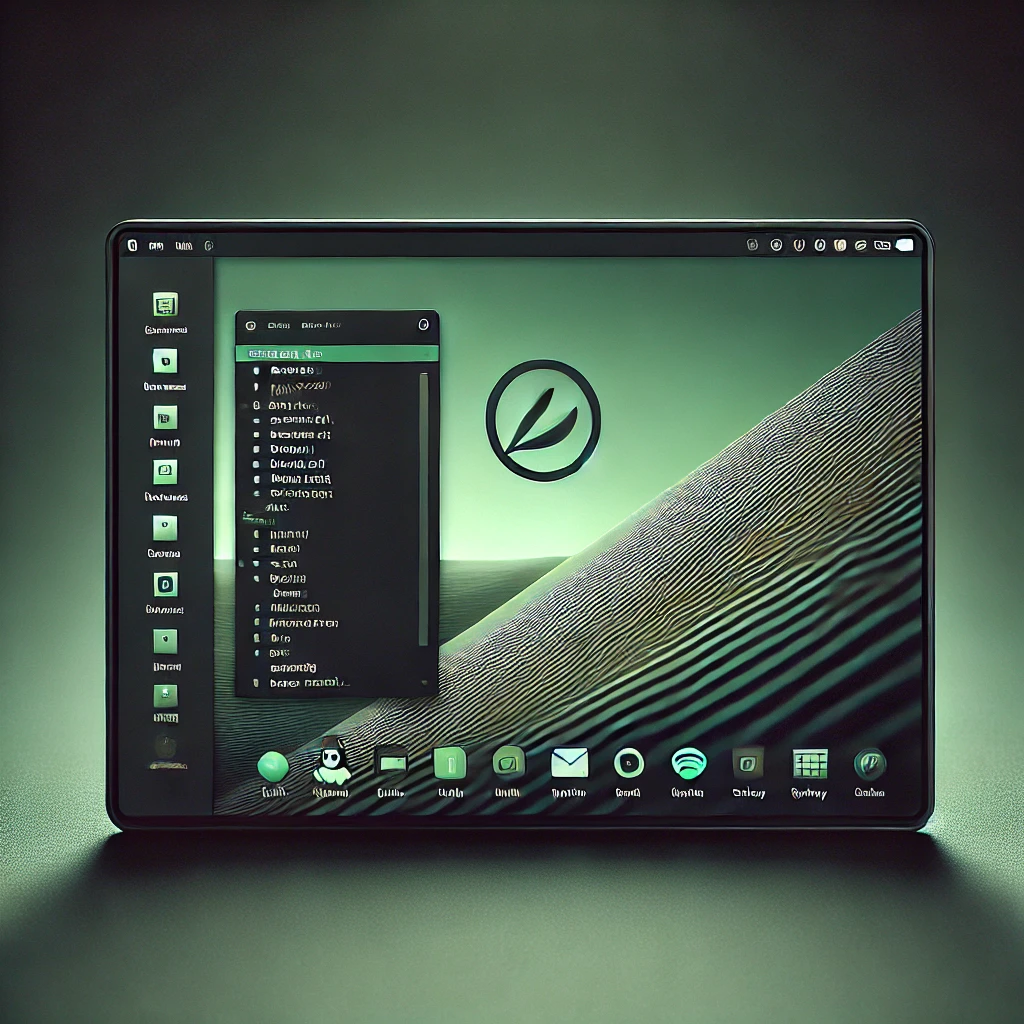How to Manage PPAs (Personal Package Archives) on Linux Mint

Categories:
5 minute read
Introduction
Linux Mint is widely appreciated for its user-friendly interface and robust performance. One of the key features that enhance its flexibility is the ability to use Personal Package Archives (PPAs). PPAs allow users to access software that may not be available in the official repositories or to get newer versions of applications than those provided by default. Managing PPAs effectively is crucial for maintaining system stability and security. In this guide, we’ll explore how to add, remove, and manage PPAs on Linux Mint, ensuring you can leverage their benefits without compromising your system.
What Are PPAs?
Personal Package Archives (PPAs) are repositories hosted on Launchpad, primarily used by developers to distribute software directly to users. Unlike official repositories maintained by Linux Mint or Ubuntu, PPAs are managed by individual developers or development teams.
Benefits of Using PPAs
- Access to Latest Software: Get the newest versions of applications faster than waiting for official updates.
- Niche Software Availability: Install specialized or less common applications not found in official repositories.
- Developer Support: Receive updates directly from the software developers.
Risks of Using PPAs
- Security Concerns: PPAs are not officially vetted, potentially posing security risks.
- System Stability: Conflicts with existing packages can lead to instability.
- Dependency Issues: Some PPAs may not manage dependencies effectively, causing broken packages.
Understanding both the advantages and risks is key to managing PPAs responsibly.
How to Add a PPA on Linux Mint
There are two primary methods to add a PPA: using the graphical interface and the terminal. We’ll cover both.
Method 1: Adding a PPA via the Terminal
Open the Terminal:
- Press Ctrl + Alt + T to launch the terminal.
Add the PPA:
Use the following command:
sudo add-apt-repository ppa:<ppa-name>For example, to add the popular Graphics Drivers PPA:
sudo add-apt-repository ppa:graphics-drivers/ppa
Update the Package List:
After adding the PPA, update your system’s package list:
sudo apt update
Install the Desired Software:
Install the software from the newly added PPA:
sudo apt install <package-name>
Method 2: Adding a PPA via Software Sources (GUI)
Open Software Sources:
- Go to Menu > Administration > Software Sources.
- Enter your password if prompted.
Access PPAs:
- In the Software Sources window, click on the PPAs tab.
Add a New PPA:
- Click the Add button.
- Enter the PPA address (e.g.,
ppa:graphics-drivers/ppa). - Click OK.
Update the Package List:
- Click Refresh to update the repository information.
Install Software:
- Open the Software Manager or use the terminal to install applications from the new PPA.
How to Remove a PPA on Linux Mint
Removing a PPA can be necessary if it causes system instability or if you no longer need the associated software.
Method 1: Removing a PPA via the Terminal
Open the Terminal:
- Press Ctrl + Alt + T.
List Added PPAs:
To see all active PPAs:
ls /etc/apt/sources.list.d/
Remove the PPA:
Use the following command:
sudo add-apt-repository --remove ppa:<ppa-name>Example:
sudo add-apt-repository --remove ppa:graphics-drivers/ppa
Update the Package List:
After removal, update the repositories:
sudo apt update
Method 2: Removing a PPA via Software Sources (GUI)
Open Software Sources:
- Navigate to Menu > Administration > Software Sources.
Go to the PPAs Tab:
- Select the PPAs tab to view all added PPAs.
Remove the PPA:
- Select the PPA you want to remove.
- Click the Remove button.
Refresh Package List:
- Click Refresh to ensure the changes take effect.
How to Disable a PPA Without Removing It
Sometimes, you might want to disable a PPA temporarily without deleting it.
Using Software Sources
Open Software Sources:
- Go to Menu > Administration > Software Sources.
Access the PPAs Tab:
- Locate the PPA you want to disable.
Disable the PPA:
- Uncheck the box next to the PPA to disable it.
Refresh the Package List:
- Click Refresh to apply changes.
Using the Terminal
Navigate to the Sources List:
cd /etc/apt/sources.list.d/Disable the PPA:
Edit the PPA file:
sudo nano ppa-name.listComment out the repository line by adding a
#at the beginning.Save and exit (Ctrl + O, Enter, Ctrl + X).
Update Repositories:
sudo apt update
Managing PPA-Published Software
After adding PPAs and installing software, you might want to manage the installed packages.
Upgrading Software from a PPA
Update Repositories:
sudo apt updateUpgrade Software:
sudo apt upgrade
Reverting to Official Packages
If a PPA version causes issues, you can revert to the version from the official repository.
Identify the Package Source:
apt policy <package-name>Reinstall the Official Version:
sudo apt install --reinstall <package-name>Pin the Official Version:
Prevent the PPA version from being installed again:
sudo apt-mark hold <package-name>
Best Practices for Managing PPAs
- Add Trusted PPAs Only: Use PPAs from reputable sources to minimize security risks.
- Regularly Review PPAs: Periodically check and clean up unused PPAs.
- Backup Before Changes: Always back up your system before making major changes.
- Use Stable PPAs: Avoid PPAs labeled as “testing” or “unstable” unless necessary.
- Monitor Updates: Check for potential conflicts when updating packages from PPAs.
Troubleshooting Common PPA Issues
1. GPG Key Errors
Fix Missing Keys:
sudo apt-key adv --keyserver keyserver.ubuntu.com --recv-keys <key-id>
2. Broken Packages
Fix Dependency Issues:
sudo apt --fix-broken install
3. PPA Not Updating
Force Update:
sudo apt update --allow-unauthenticated
4. Conflicting Packages
Purge Problematic Packages:
sudo apt-get purge <package-name> sudo apt-get autoremove
Conclusion
Managing PPAs on Linux Mint provides flexibility, enabling access to the latest software and specialized applications. However, with great power comes great responsibility. By understanding how to add, remove, disable, and manage PPAs effectively, you can enjoy the benefits of cutting-edge software without compromising your system’s stability and security. Always exercise caution, verify sources, and keep your system backed up to maintain a healthy Linux Mint environment.
Feedback
Was this page helpful?
Glad to hear it! Please tell us how we can improve.
Sorry to hear that. Please tell us how we can improve.